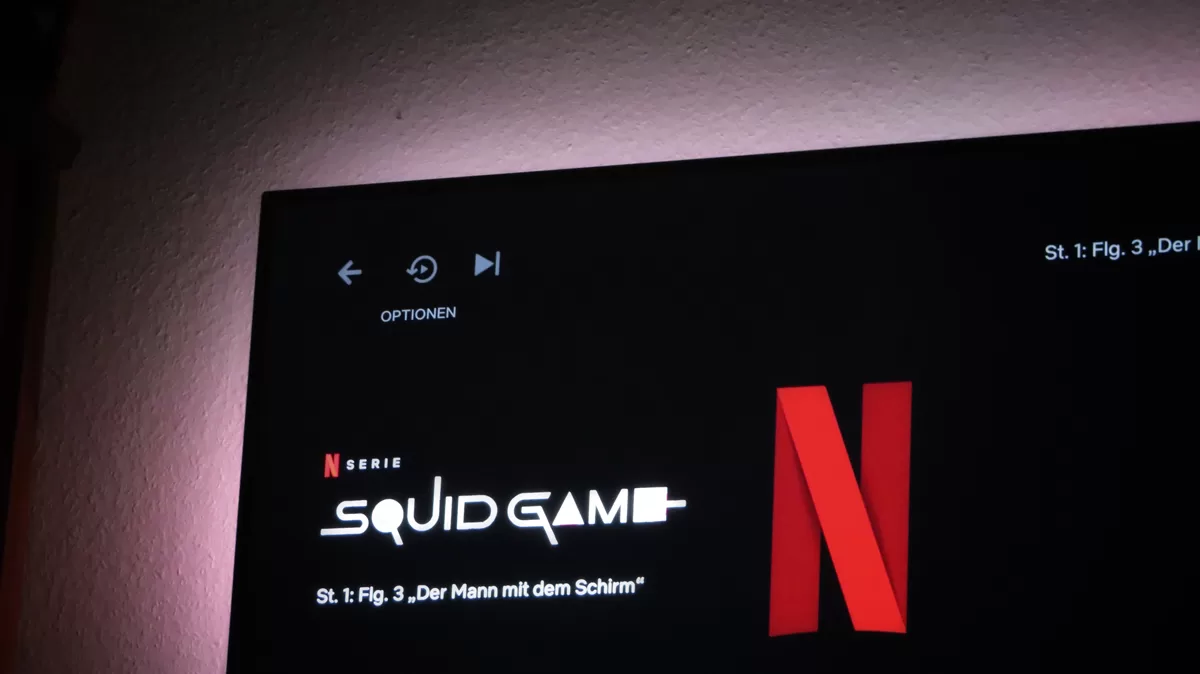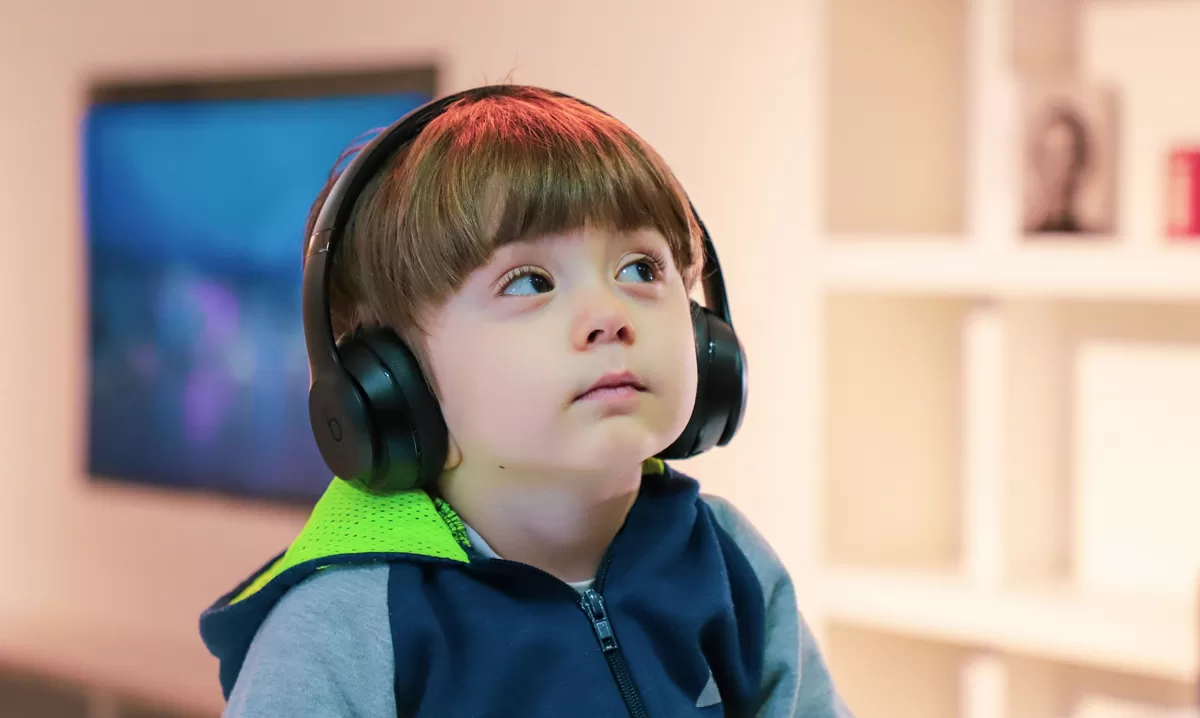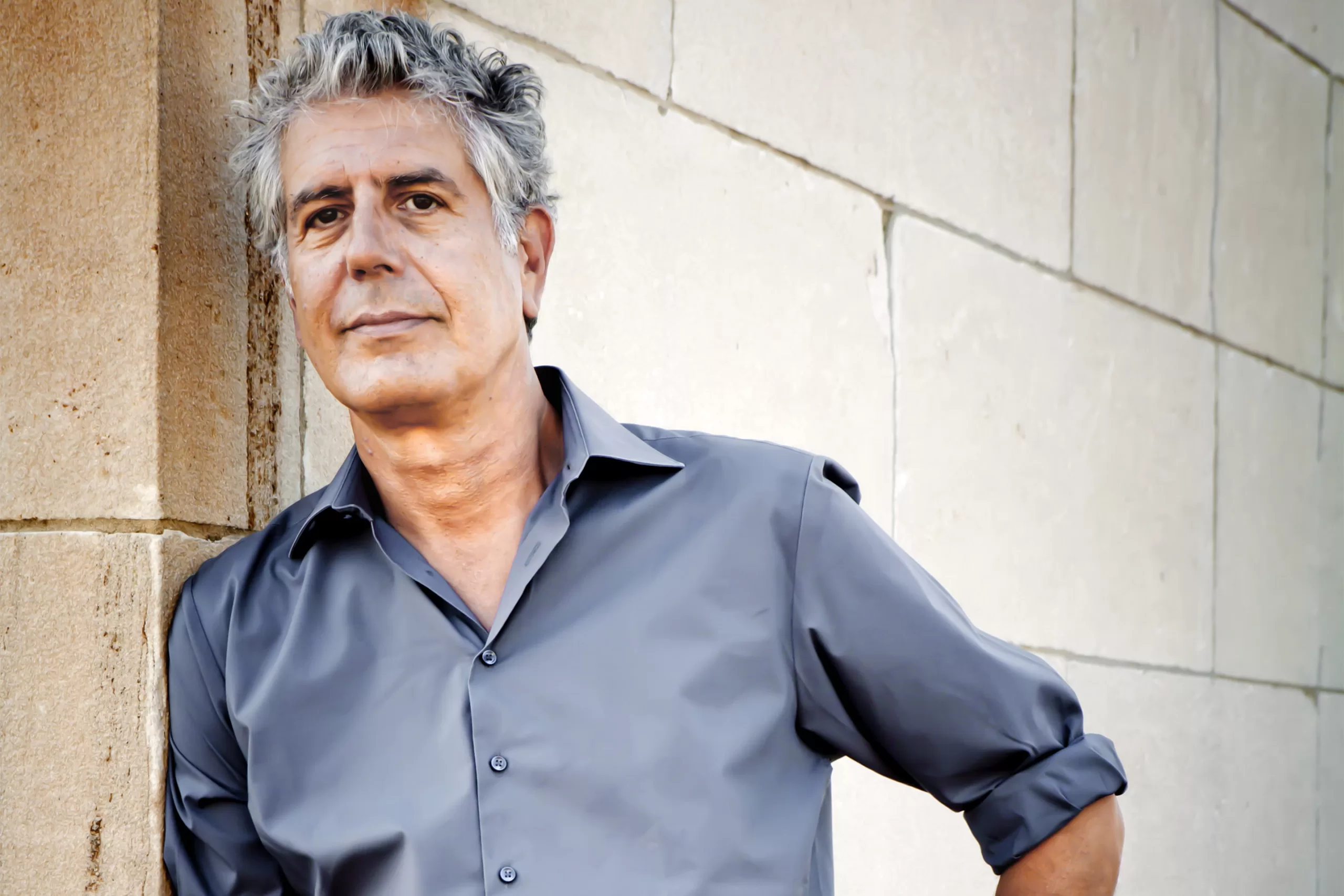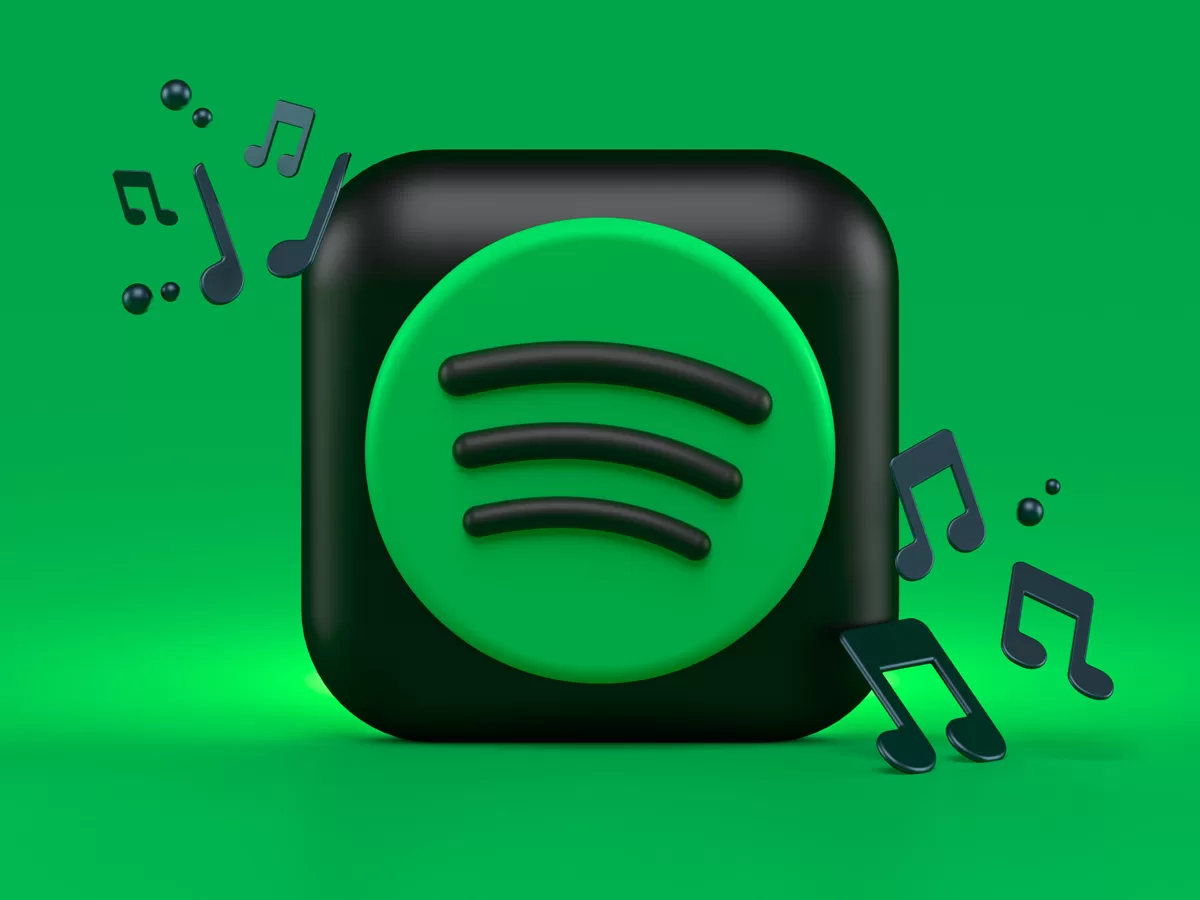With A-list actors narrating a host of old favourites, and some fantastic new ones, there’s never been a better time to get into audiobooks. Here are our top 5 picks for September.
Dune, by Frank Herbert
Dune is set roughly 20,000 years in the future, when human beings have spread out and colonised planets throughout the universe.
Voted the best science-fiction novel of all time in 2012, Dune is again being released as a movie in 2021, this time directed by Denis Villeneuve.
The audiobook version adds a fantastic sense of suspense and is well worth a listen before the new movie adaptation.
The Body, by Bill Bryson
Travelogue master Bill Bryson’s soft Midwestern tone seems to be a perfect fit for The Body audiobook.
#1 Sunday Times bestseller in both hardback and paperback, The Body is billed as a ‘guide for occupants’.
Bill’s extraordinarily fun attempt to understand the miracle of our physical and neurological make up, explores everything from genetics to our immune system.
Cloud Atlas, by David Mitchell
Cloud Atlas is David Mitchell’s best-selling Man Booker Prize-shortlisted novel.
The novel features six characters in interlocking stories that span a number of centuries, all told from the perspective of six different interconnected characters.
The tonal shift from 19th century prose to the incomprehensibly simplistic, by the final chapter, comes across beautifully in audio form.
Mythos: The Greek Myths Retold, by Stephen Fry
In Mythos, Stephen Fry recounts some of the most compelling Greek stories, from the classic favourites to some lesser known myths.
With his wonderful narrative style, Fry transforms the adventures of Zeus and the Olympians into emotionally resonant and deeply funny stories, without losing any of their original wonder.
Each adventure is infused with Fry’s distinctive wit, voice and writing style.
The Hitchhiker’s Guide to the Galaxy, by Douglas Adams
One Thursday lunchtime the Earth gets unexpectedly demolished to make way for a new hyperspace bypass.
Stephen Fry again delivers a brilliant narration of this best-selling novel, written by Douglas Adams.
If you’d rather experience the books in full, all six are also available with narrations from Stephen Fry and Martin Freeman, who played Arthur Dent in the movie adaption.










